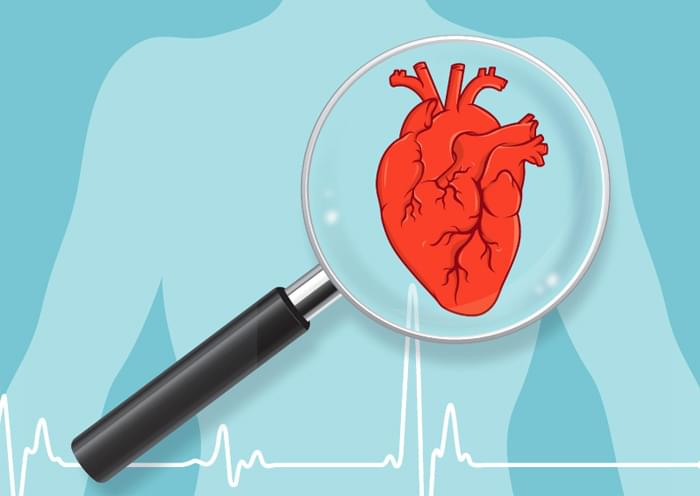
Obstructive sleep apnea (OSA) is a condition where breathing repeatedly stops and starts during sleep. This condition is linked to high blood pressure and can worsen hypertension if left untreated.
1. How Sleep Apnea Affects Blood Pressure
In OSA, airway obstruction disrupts oxygen flow to the body. When oxygen levels drop, the brain signals an increase in blood pressure to ensure oxygen supply to vital organs. These frequent spikes in blood pressure during sleep can contribute to sustained hypertension over time.
2. Diagnosing Sleep Apnea in Hypertensive Patients
Sleep apnea can go undiagnosed in individuals with hypertension, especially if they don’t experience obvious symptoms. However, people with resistant hypertension—high blood pressure that doesn’t respond well to medications—are often screened for sleep apnea. Common signs include loud snoring, gasping for air during sleep, and excessive daytime sleepiness.
3. Treatment Options
Continuous Positive Airway Pressure (CPAP): CPAP is the primary treatment for sleep apnea, delivering continuous air pressure to keep airways open. This reduces nighttime blood pressure spikes and can lead to overall blood pressure improvement.
Lifestyle changes: Weight loss, avoiding alcohol, and sleeping on one’s side can help reduce the severity of sleep apnea and its impact on blood pressure.
4. Importance of Treatment
Managing sleep apnea not only improves sleep quality but also contributes to better blood pressure control. Research shows that treating sleep apnea can reduce blood pressure by about 10 mmHg in individuals with hypertension.